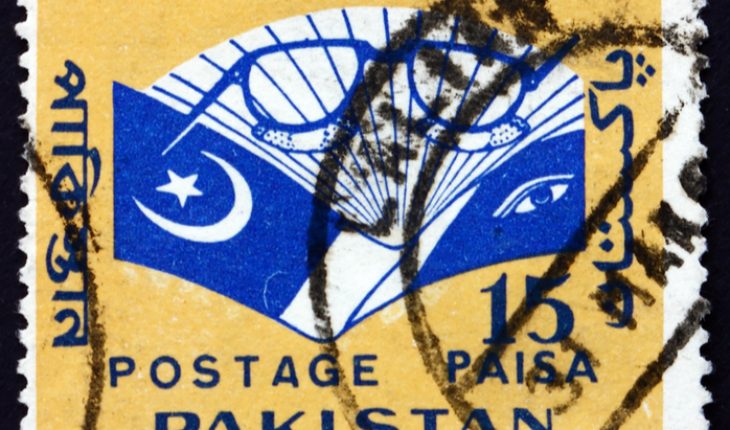Recent figures published by the Lancet show 36 million people are blind, yet 75% of blindness is preventable or treatable.
Cataract, which takes just 10 minutes to treat and costs as little as £30, is the leading cause of preventable blindness. Every cataract operation, regardless of who receives it, is like a little miracle – not just because it’s so quick that patients barely realise they’ve been operated on, but because of the incredible transformation it brings to people’s lives.
But for many people in the world this simple intervention is out of reach.
To address this need, in 2014 Sightsavers launched its Million Miracles campaign to help provide a million cataract operations to adults and children across Africa and Asia.
To address this need, in 2014 Sightsavers launched its Million Miracles campaign to help provide a million cataract operations to adults and children across Africa and Asia.
More than 940,000 operations have already been carried out – and until 9 January every pound people donate to Sightsavers will be matched by the UK government through the UK Aid Match scheme, bringing the goal of the millionth operation tantalisingly close.
The money will be used to fund operations in Bangladesh and Pakistan where there is much need. For instance, in Pakistan 7% of people over 50 are blind, compared to just 0.4% of over 50-year-olds in the UK.
On a recent trip to Pakistan I met Zamurrad, a 55-year-old woman from a suburb in Rawalpindi, and followed her journey through cataract surgery. When we met it was immediately clear she had very limited vision – Zamurrad moved cautiously around her home, putting her hand out to find a wall to guide her. She told me her family didn’t have enough money for food since her husband Tariq stopped working 3-months-ago to look after her and their 8-year-old daughter, Rania. Tariq had taken on all the household duties without complaint, a rarity in Pakistan, and his gentle affection was clearly a big comfort to her. All the same, it was clearly difficult for Zamurrad to sit by while her husband did the things she felt she should be doing and she told me she felt very depressed.
After her operation, Zamurrad lined up with forty or so others to have her bandage removed and eye cleaned. Seeing the slow realisation cross her face as she started to focus on the room around her, the grin breaking out as she recognised her family, is something I’ll never forget.
Seeing the slow realisation cross her face as she started to focus on the room around her, the grin breaking out as she recognised her family, is something I’ll never forget.
When I visited their home again the quiet relief surrounding her and Tariq was palpable. Tariq described how thrilled he was to see his wife back to her former self; Zamurrad said she couldn’t wait to see Tariq enjoy a meal she’d cooked. For them this is just the start. Zamurrad’s vision will continue to improve and she’ll soon have her second eye operated on.
During my visit I also met Dr Khalid Ashraf, head of the hospital in Mandra. It is one of 20 hospitals in Pakistan run by Sightsavers’ partner LRBT and is dedicated to providing free eye care. Every day, Mandra hospital receive between 300 and 400 patients seeking treatment, and they conduct around 60 surgeries, 6 days a week – just in one hospital. The vast majority of LRBT’s patients can’t afford to make any contribution to their care, and government provision for eye care is distinctly lacking, so without donations it would be impossible for many people to get their sight back.
Dr Khalid perfectly summed up why support for eye care is so important, and why I left Pakistan feeling so uplifted: “A person who becomes blind or visually impaired, his whole family is affected because usually there is only one person who is earning, and if he is unable to carry out his job the whole family suffers, and suffers a lot.
“So when he gets treatment and he can see – that person who was not able to do anything, was sitting at home – now he can earn a living for his family. That changes their whole life. That’s very valuable for them, and for us also, very rewarding and satisfying.”
I hope that our Millionth Miracle will soon be realised, and more people like Zamurrad will have their eyesight restored – and get their lives back.
- Million Miracles campaign to prevent blindness - 20th December 2017







